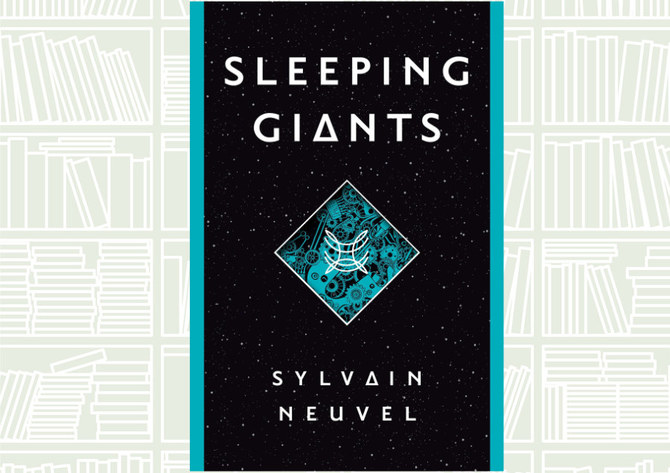RIYADH: “Sleeping Giants” is the first book in a science fiction fantasy trilogy by Sylvain Neuvel, published in 2016.
The book follows Dr. Rose Franklin who was a little girl when she fell into a giant hole that turned out to be a large metallic hand. As an adult, Franklin, a highly trained physicist, leads a team of scientists to crack the hand’s code in order to investigate its origins.
The scientists realize that the hand is just one piece of a larger, ancient artifact that has been scattered around the world.
What makes the novel compelling is its structure; the story is told through a series of interviews, journal entries, and transcripts of conversations between the characters. The readers get to see the story unfold through multiple perspectives.
As the team digs deeper into the mystery of the artifact, they uncover a vast conspiracy involving governments, secret organizations and alien technology. The story explores themes of power, ambition and the ethics of scientific discovery.
The “Themis Files” trilogy has been praised for its inventive storytelling, strong characters, and thought-provoking themes. “Waking Gods” and “Only Human” follow the first novel.
Neuvel has won several awards for his work, including the Aurora Award for Best Novel in 2017 for “Sleeping Giants.”
Neuvel’s work explores the impact of technology on society. His novels are inspired by his educational background in linguistics and his experience in the field of software development.
























